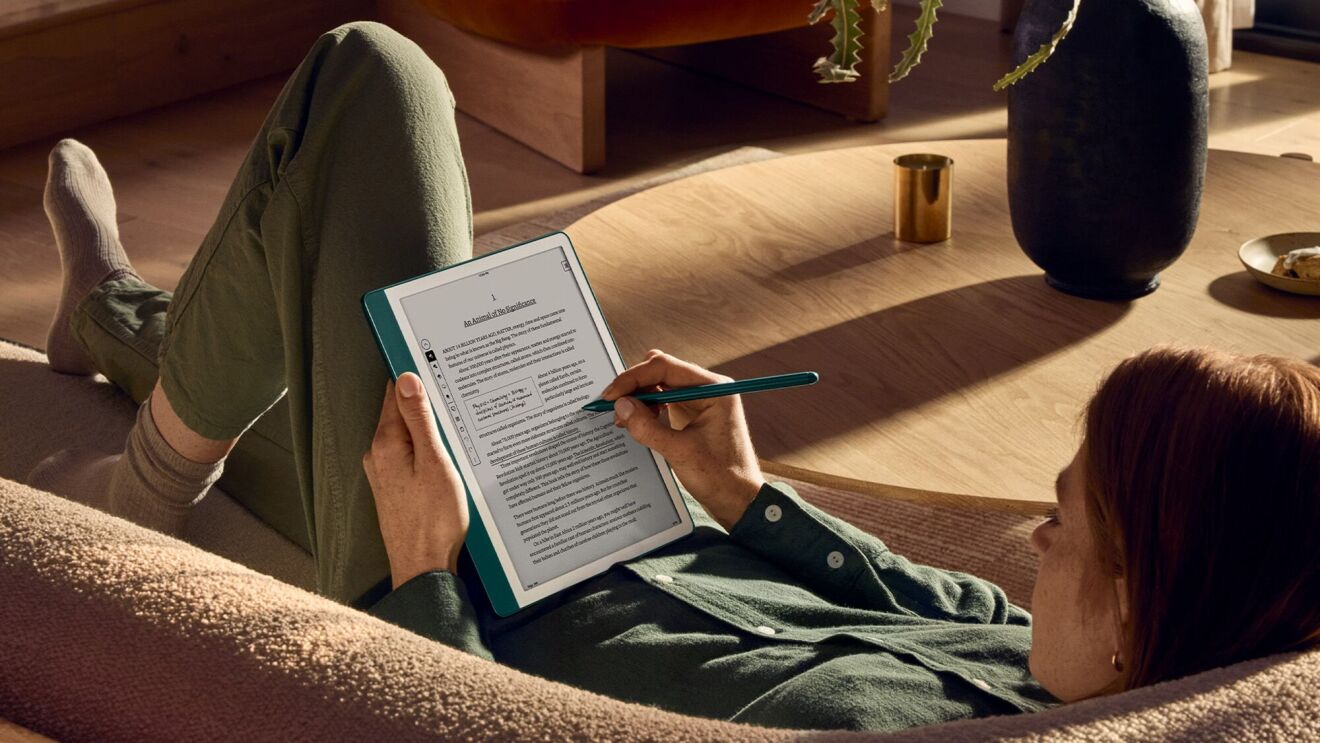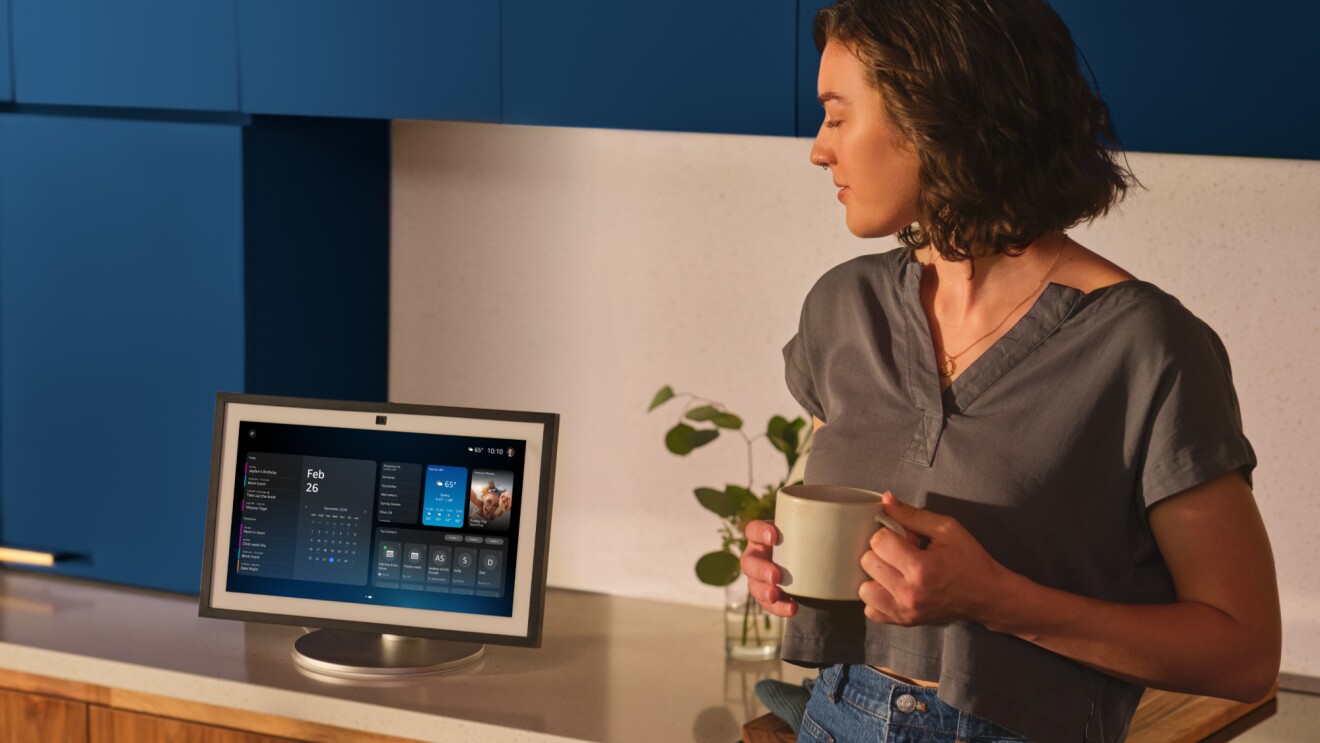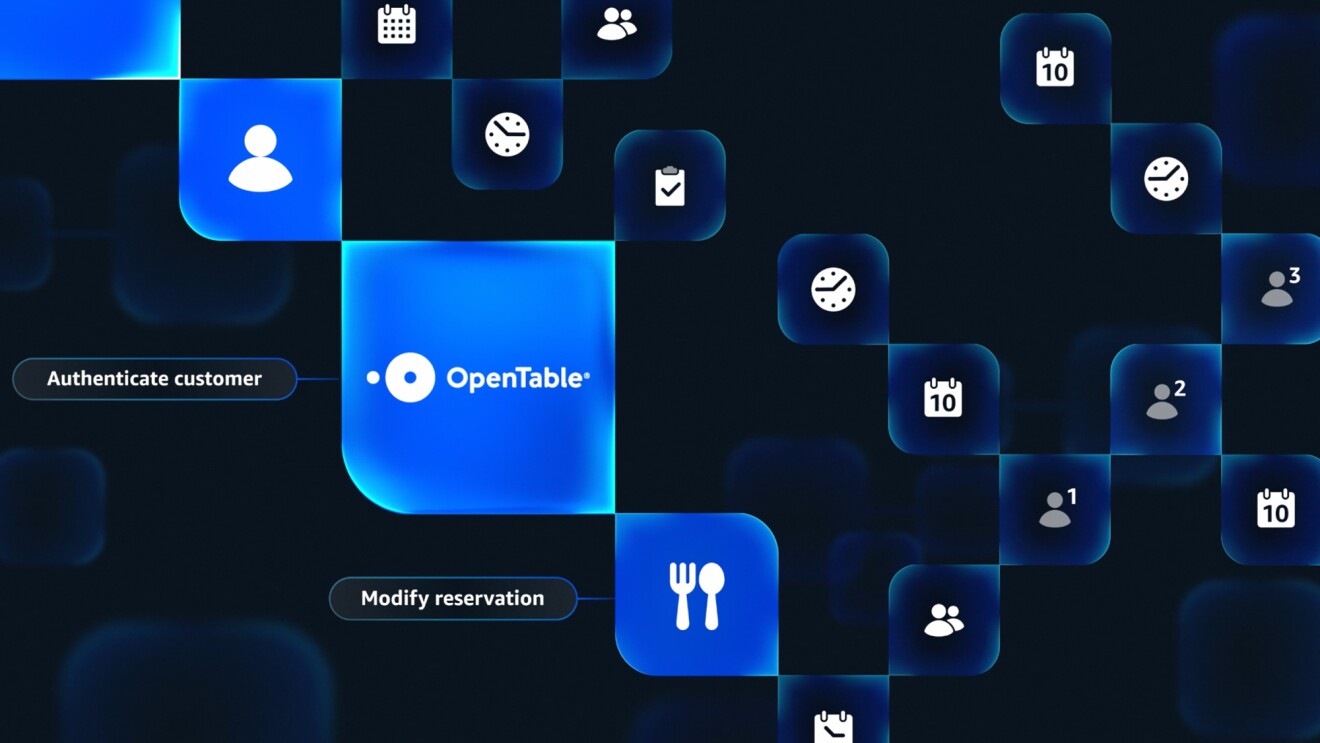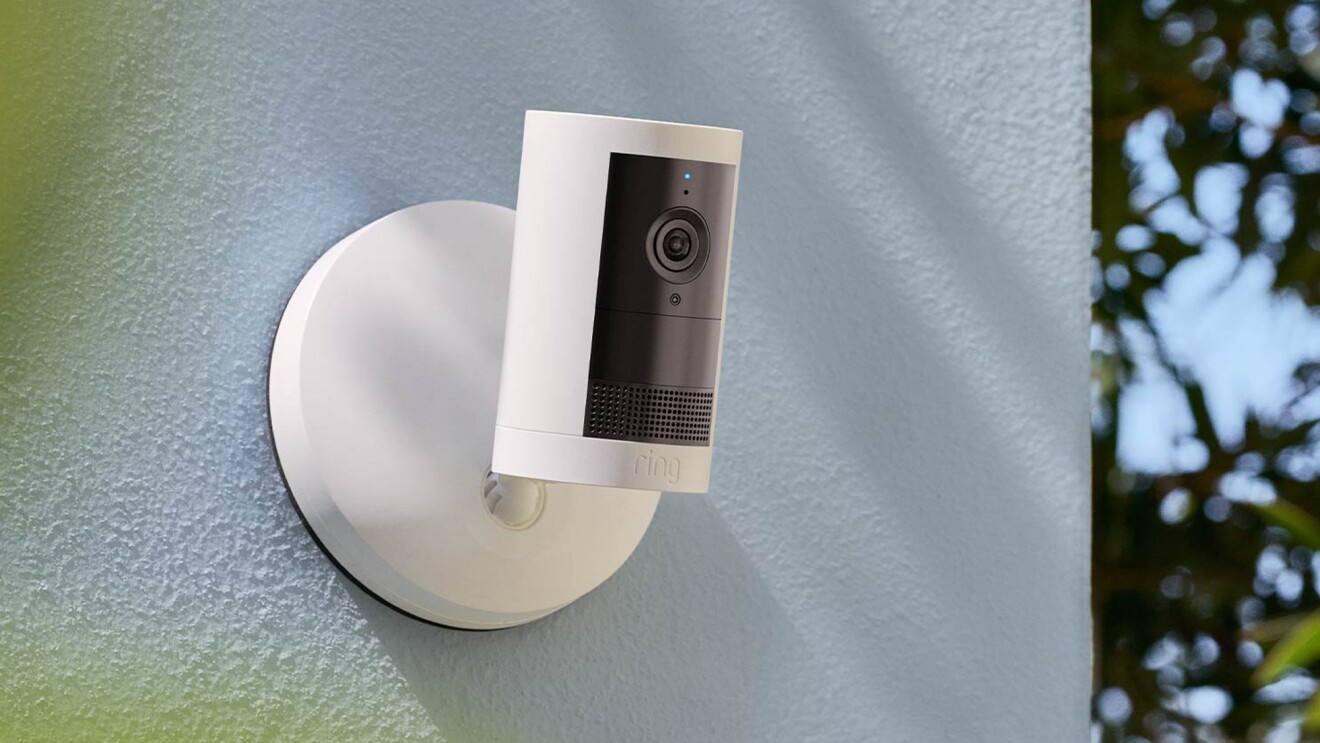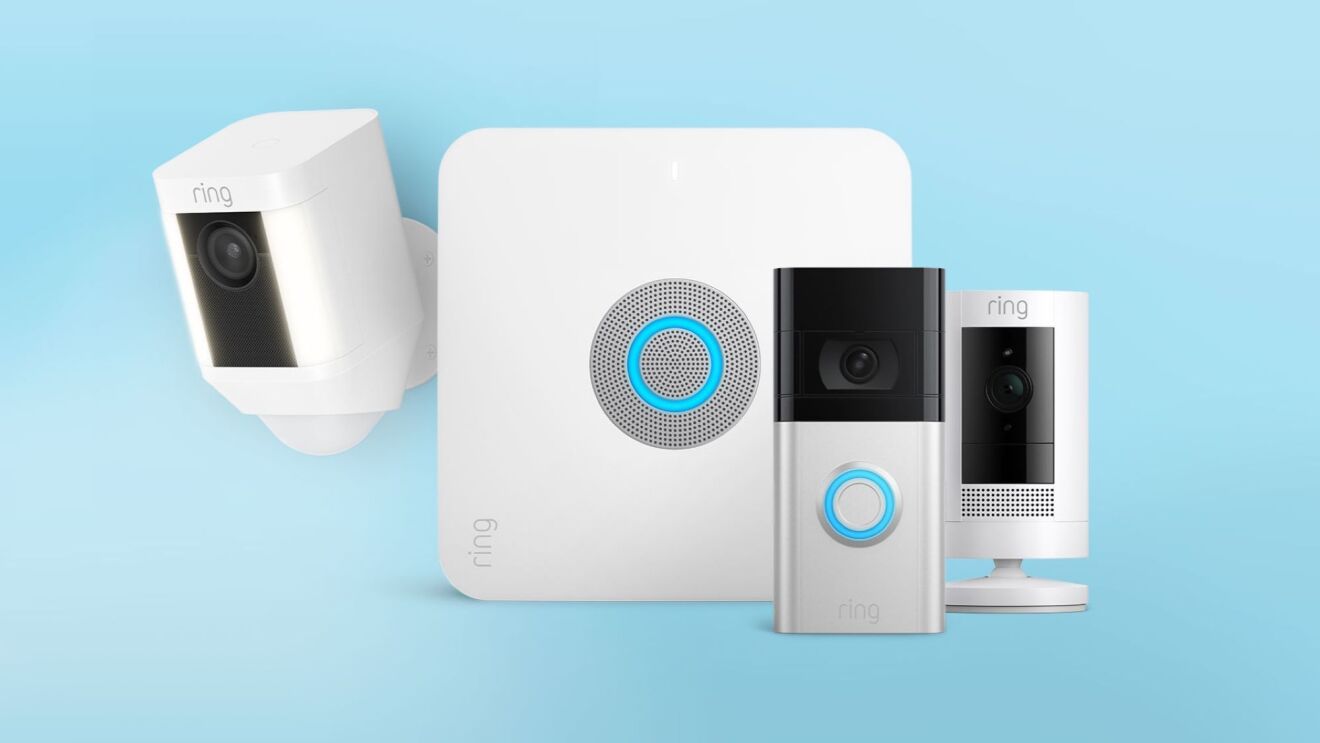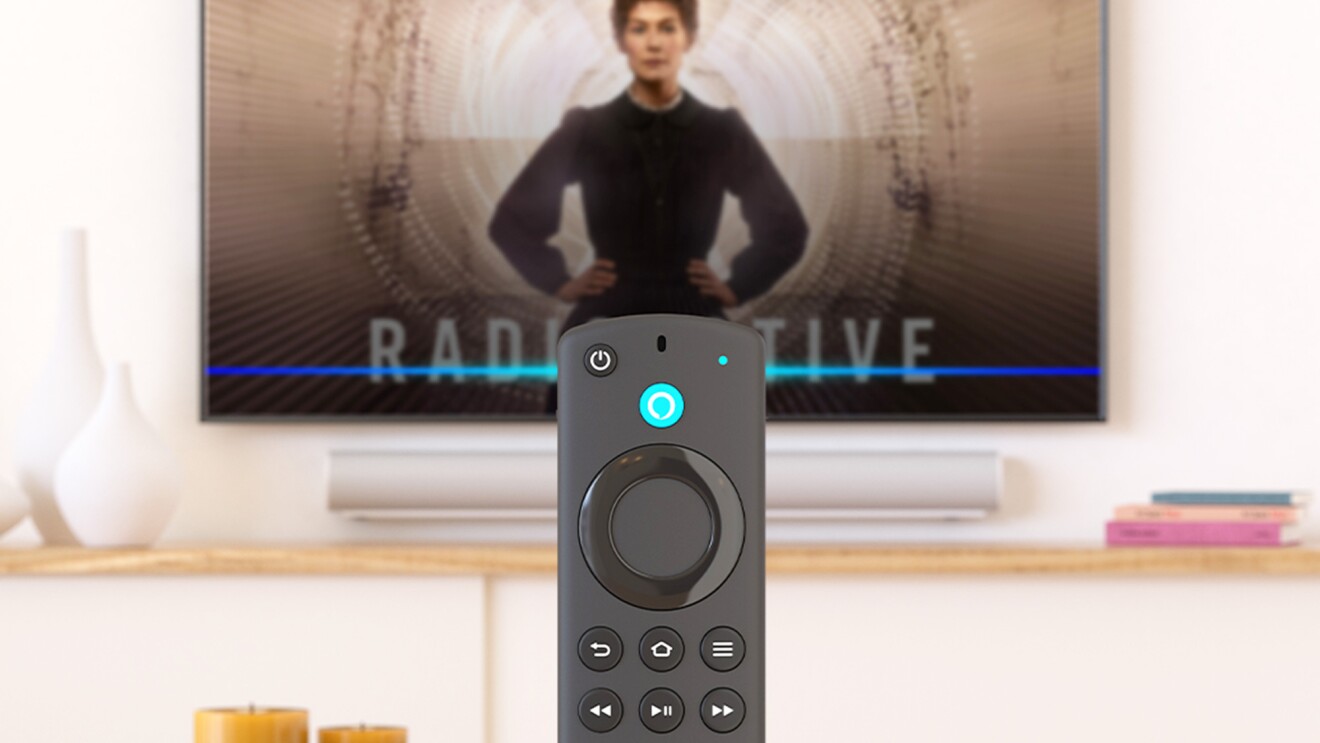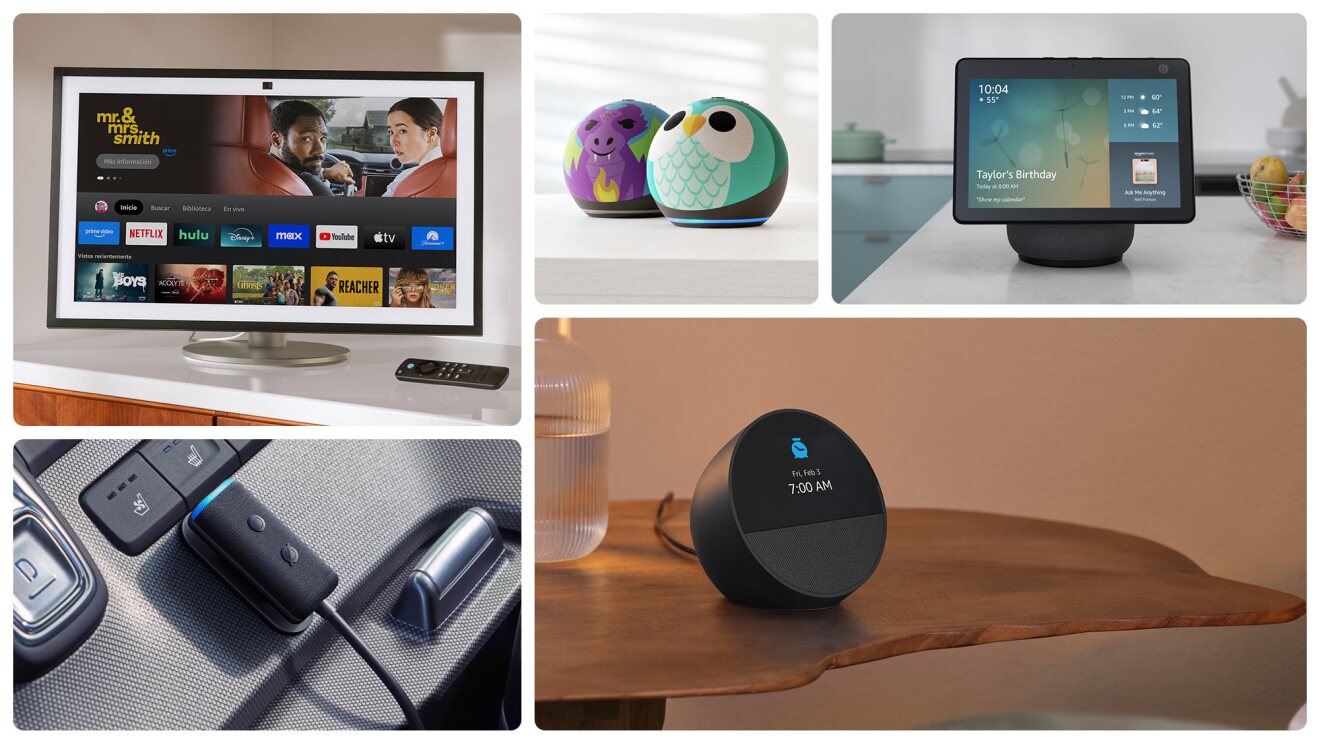We recently heard from Rosemary, whose husband, Paul, has a rare neurological disease. Rosemary is his primary caregiver and committed to helping him live “a better and longer life.” Rosemary didn’t begin using Alexa thinking the technology could help Paul, but she eventually realized that Alexa and Amazon devices were integral in their lives. Because of the technology, Paul can stay home with her.
More from Rosemary, in her own words:
“I’m in my early 70s and would consider myself an early adopter of technology. I got an Echo a few years ago, but didn’t think much of all I’d use it for. At the time, I thought Alexa would be helpful for playing music and getting the news. I didn’t buy an Echo thinking it’d help my husband, but since then, Alexa has gotten much smarter and advanced, and she’s been indispensable.
“Today, my husband Paul is 79 and has Multiple System Atrophy (MSA). It’s a rare, neurological disease with similar attributes to Lou Gehrig’s disease or ALS. Over time, you lose your ability to walk and do many things. He is thankfully still walking, but the disease impacts his vision, mobility, and more. Over time, people also become bedridden, and I will do anything to help my husband live a better and longer life.
“While I started with just one Echo device, I now have Alexa-enabled devices all around my home. I have an Echo in my kitchen, as well as an Echo Wall Clock, as I love to cook and it helps with my cooking routine. I’ve got another device in my bedroom and connect Alexa to smart light switches so that my husband can safely and easily turn on and off the lights by himself. I also use Alexa for my husband’s medication reminders, as an intercom to check on him remotely from another room, and connected to Audible so that he can listen to books.
“In the last year, Alexa’s shopping list feature has been incredibly helpful. The old-fashioned way of writing down lists can be difficult for us. With Alexa, we can shout out whatever we need to add, and Alexa keeps our list organized. We can easily compile our list, order our groceries online, and have them delivered safely and socially distanced. I’ve also appreciated Alexa’s calendar feature so we can get ahead of any appointments and know what the days ahead will look like.
“Due to my husband’s illness, his vision has been impacted. Alexa’s voice-first features are incredibly helpful, but Kindle has also helped him read longer than he would have otherwise. He can make the font bigger and experiment with different fonts, plus it’s light and easy for him to hold.
“I think of Alexa, and many Amazon devices, as a critical form of assistive technology for my husband and myself. Many people in my husband’s situation would’ve already moved to assisted living. This technology has been an additional layer of support for us. It allows me to relax a bit, and help him more. These devices are affordable and accessible, and I could not be without them. Because of them, he can stay home with me.”
Learn more about Alexa, Alexa Accessibility, and additional accessibility features for other Amazon devices and services.
If you have a story of your own about how you use Alexa, we'd love to hear it and will continue sharing some of our favorite #AlexaStories. You can email us or tag us on Twitter or Instagram @alexa99 or #AlexaStories.


